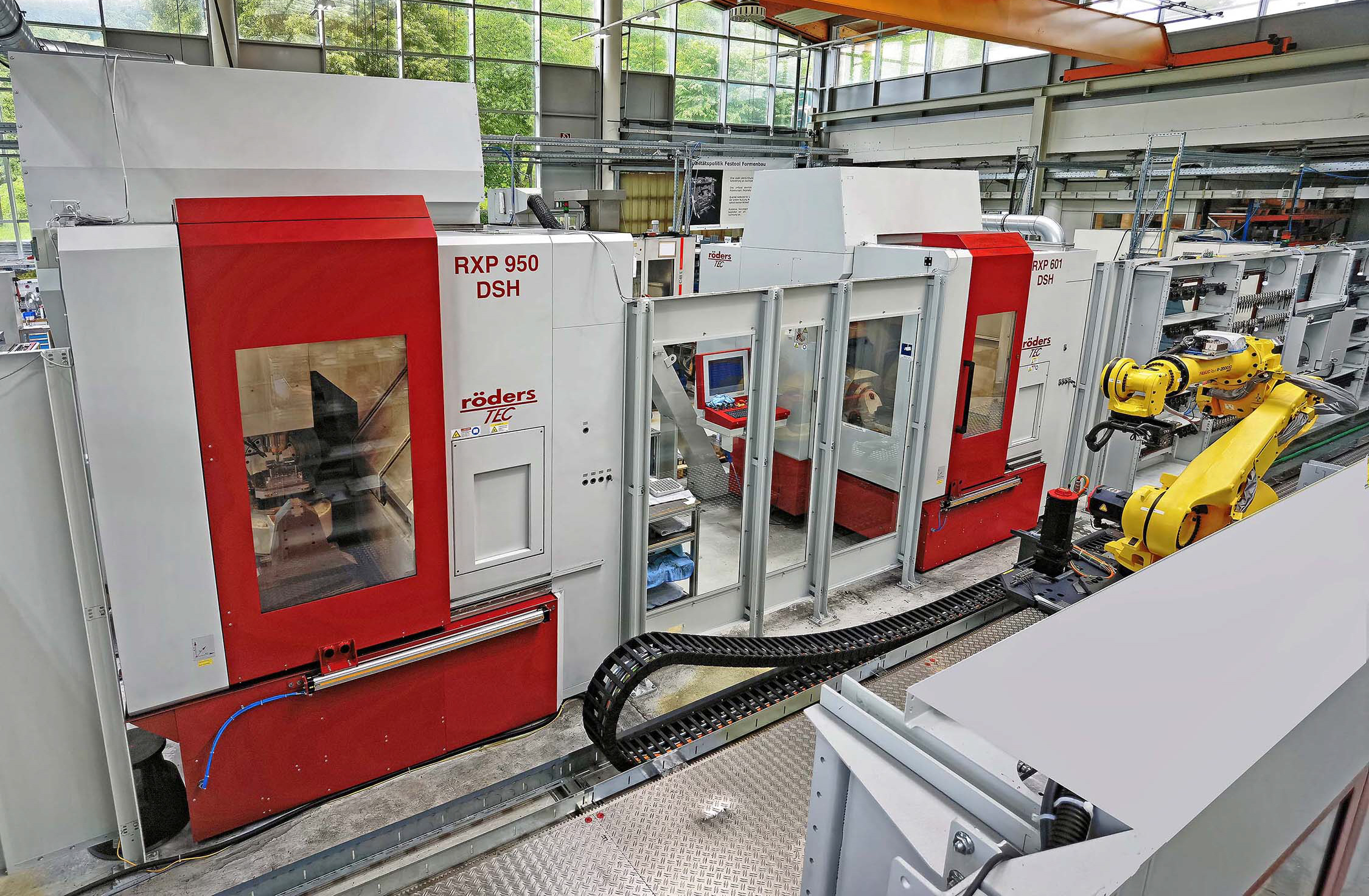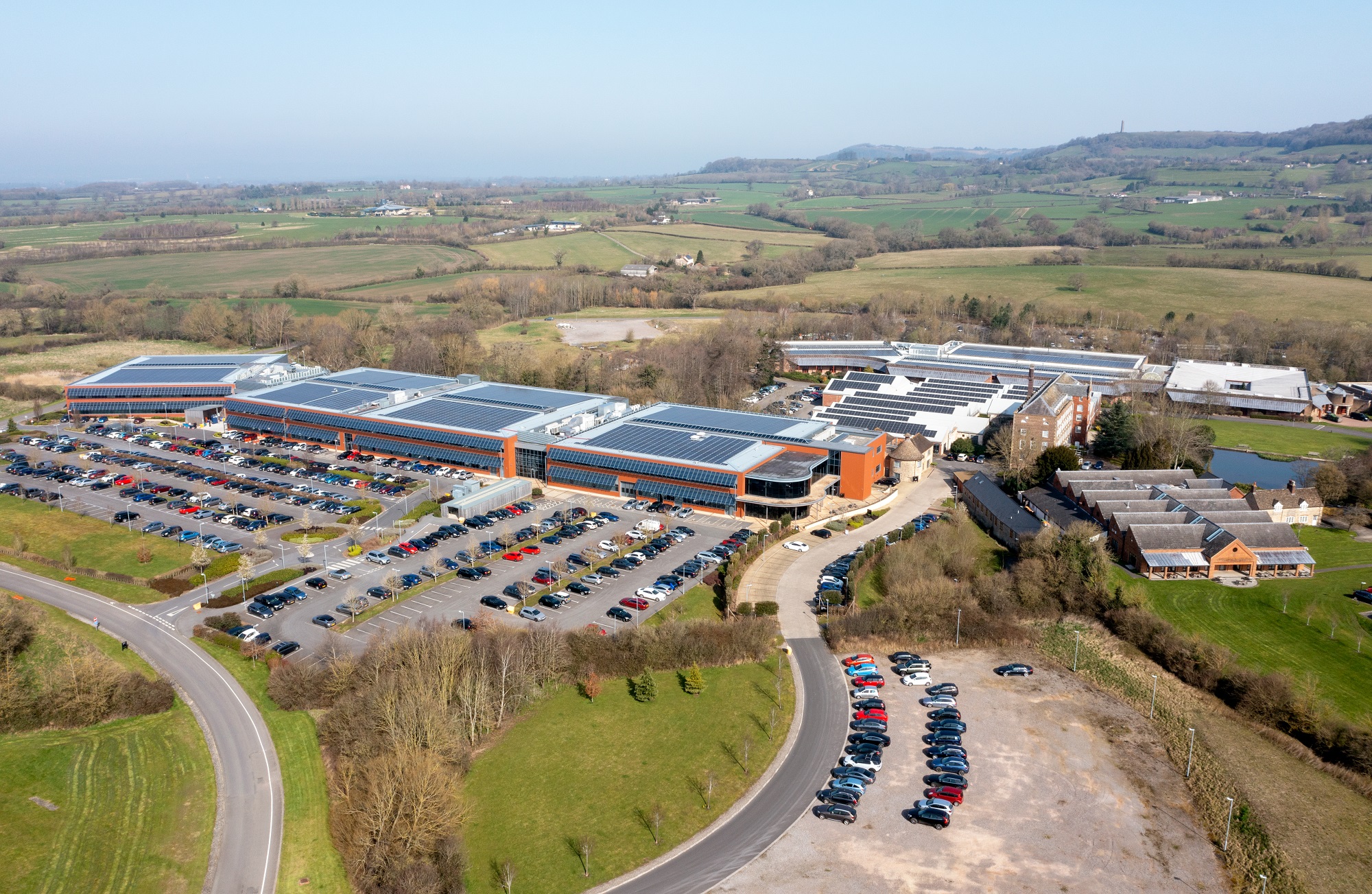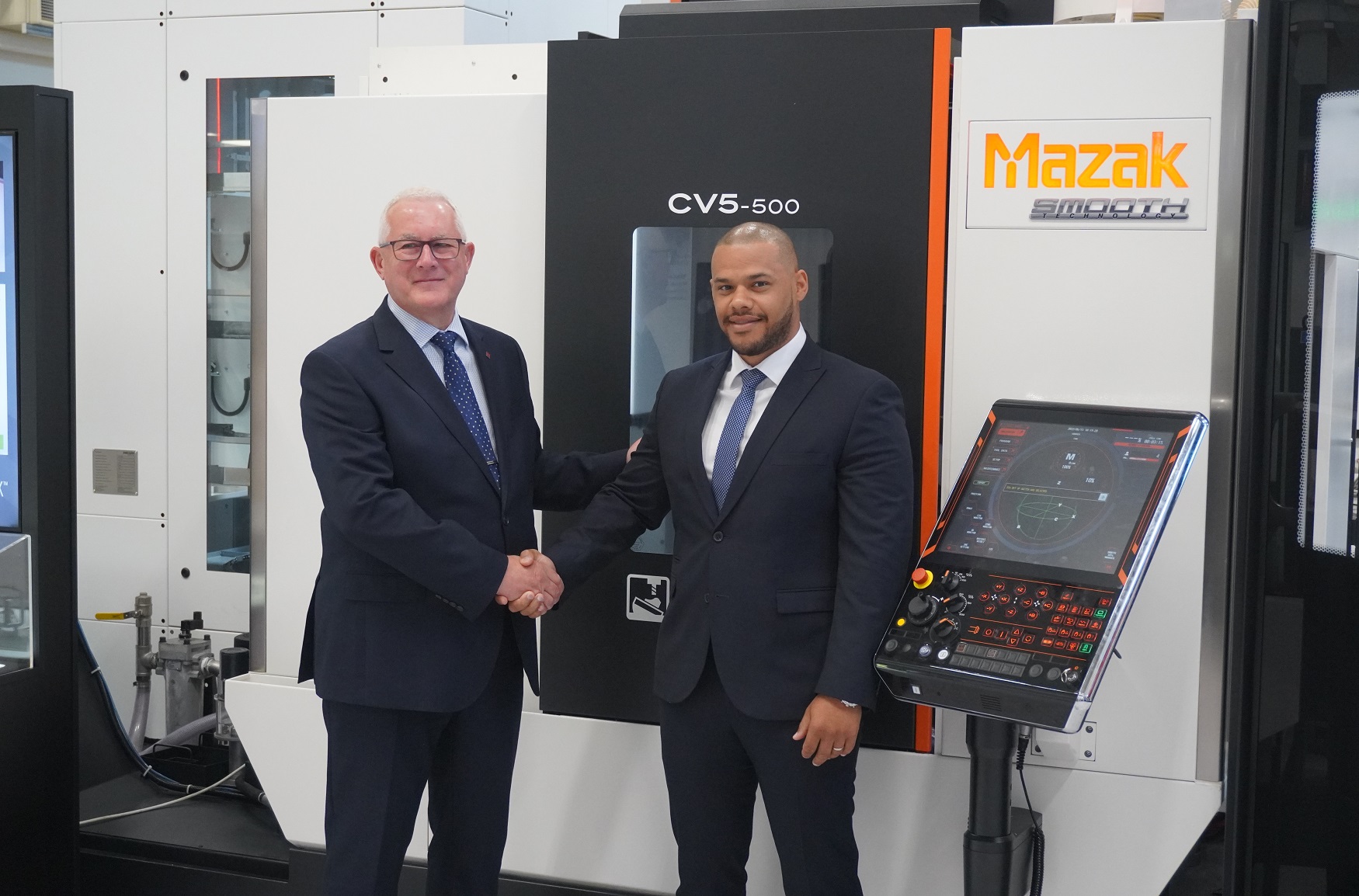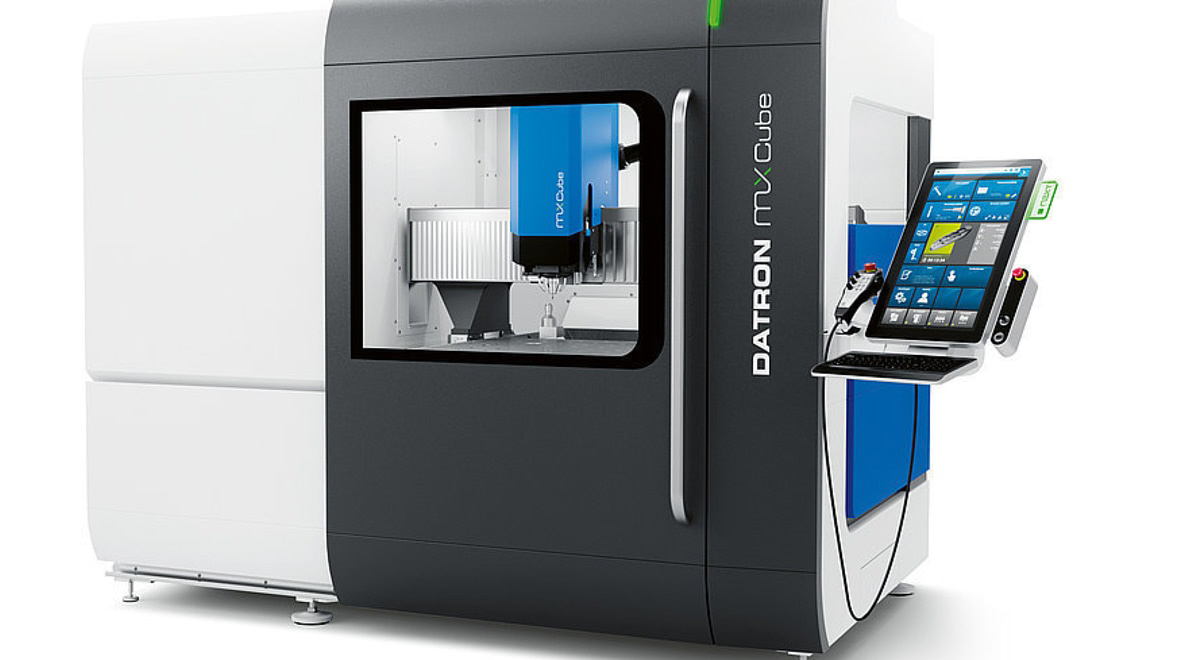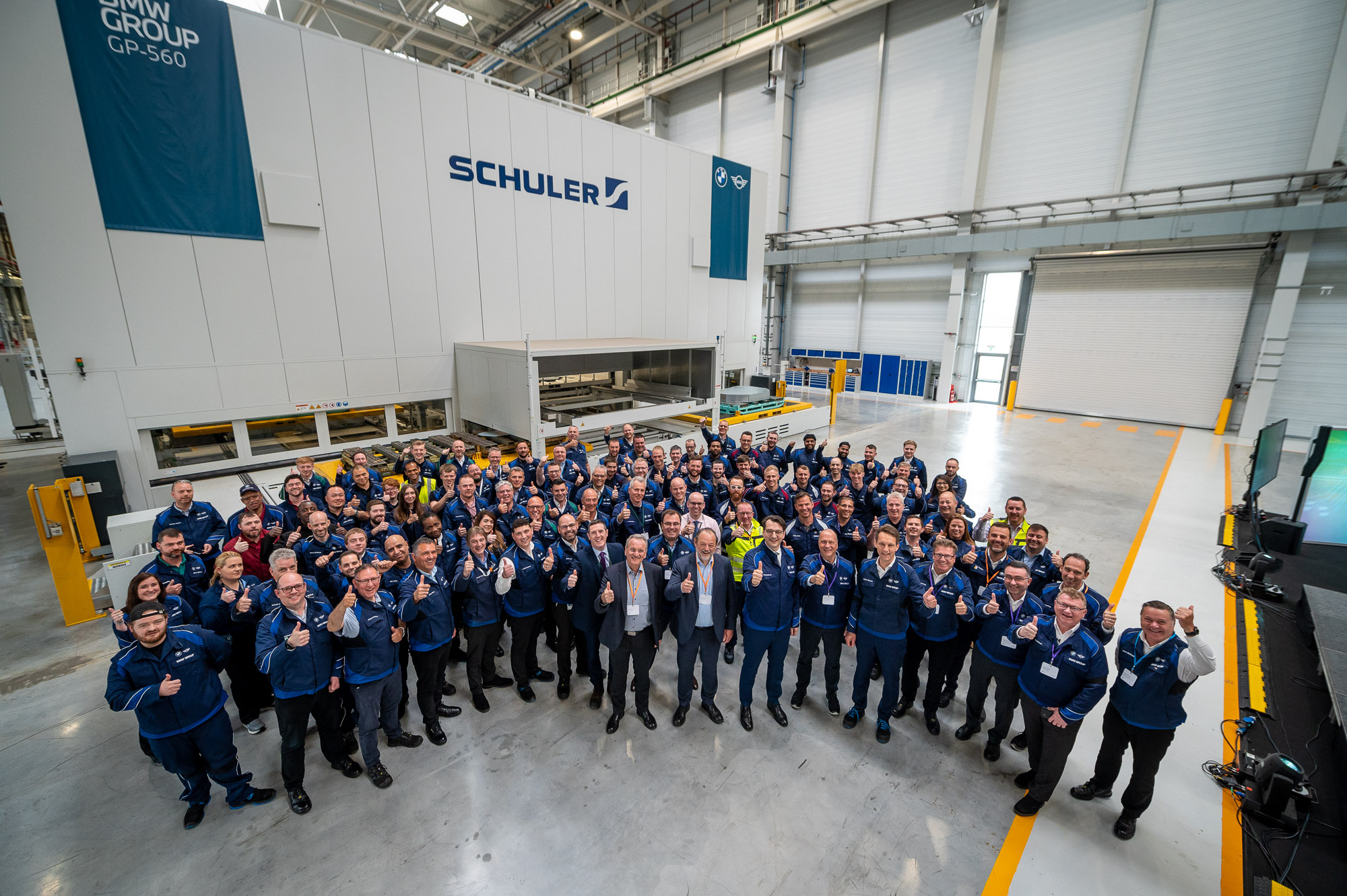In mould and die making, individual machining processes are increasingly being combined into automated production cells with integrated handling. The main advantage is a higher degree of machine utilisation, as the systems can operate unattended 24/7. Two prerequisites for the realisation of such autonomous systems are more intensive digitalisation of the processes consistent with Industry 4.0 and an increased level of investment.
One company that has followed this automation route is German power tool manufacturer Festool, which produces complex die-casting mould tools and plastic injection moulds for producing its products at a factory in Neidlingen. The toolmaking department has installed a robotic production cell based on machining centres manufactured by German firm, Roeders. Similar technology is available in the UK and Ireland through Roeders sole agent, Hurco Europe.
To implement the installation, Roeders supplied two of its RXP five-axis machining centres and RMSMain job manager software, which is linked to Festool’s IK Office enterprise resource planning system. In addition, the company also supplied a Fanuc R-2000iC handling robot running on a linear rail. Also located within the cell are a Hexagon CMM, an Exeron die-sink EDM machine and an automatic washing system from Mafac.
Within the cell, a Roeders RXP 601 DSH primarily machines graphite electrodes, while a larger RXP 950 DSH is used mainly for hard machining. Materials include 1.2343 hot work tool steel and sometimes 1.2379 cold work tool steel.
Raw material is rough machined in the hardened condition (54-60 HRc) and subsequently finished while remaining in the same fixture. Compared with the previous procedure of roughing in the soft state, then hardening and finally finishing in a second operation, the new method is significantly faster and less expensive.
For further information www.hurco.co.uk






